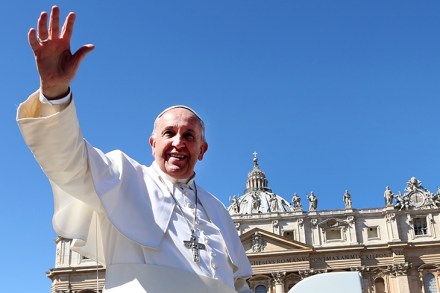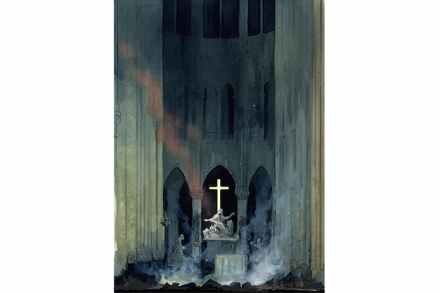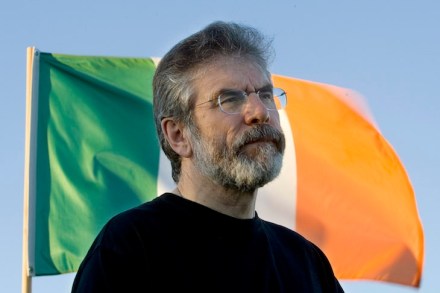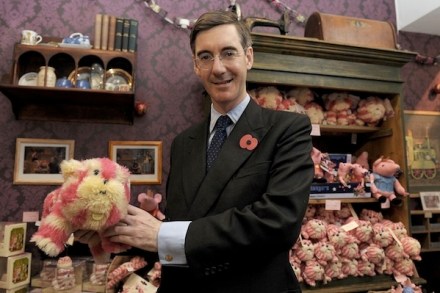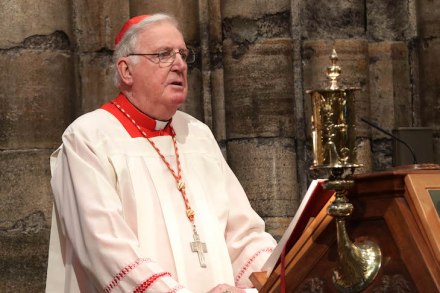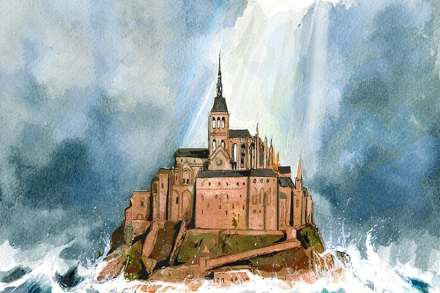Lead astray
Is the pope a Catholic? You have to wonder. In the old days, a pope’s remit was modest: infallible, but only in the vanishingly rare cases when he pronounced on matters of faith and morals concerning the whole church. But even at their most bombastic and badly behaved, earlier popes would have hesitated to do what nice Pope Francis has done, which is to approve changes in the liturgy which amount to rewriting the Lord’s Prayer. That bit that says ‘Lead us not into temptation, but deliver us from evil’ is, for Pope Francis, a bad translation. ‘It speaks of a God who induces temptation,’ he told Italian TV. ‘I
